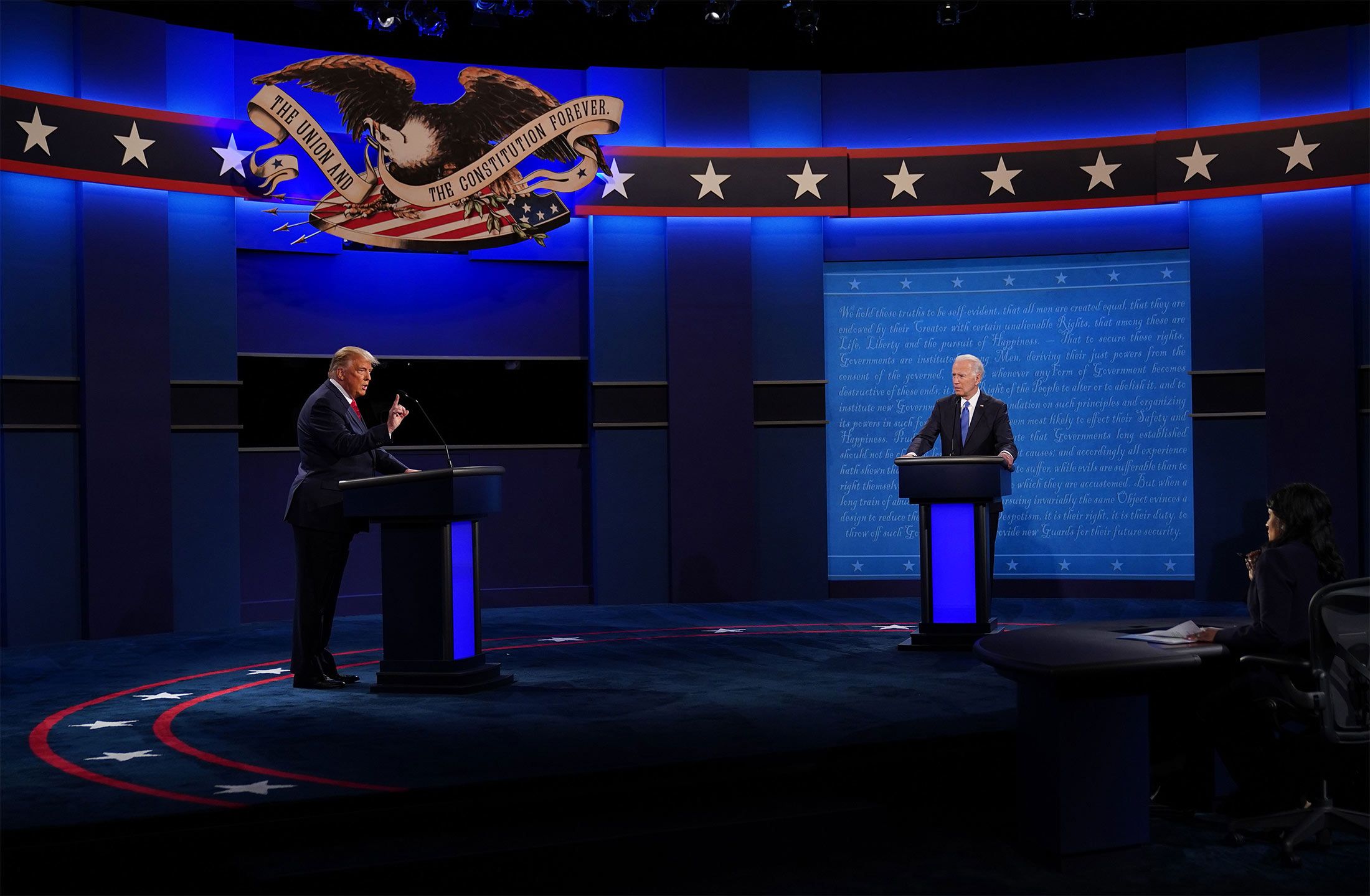The Internal Revenue Service released guidance this month to clarify the accounting treatment of payments under the Paycheck Protection Program and caused some consternation among some small businesses and tax experts. Many business owners who applied for loans under the PPP had the expectation the loans would be forgiven as long as their employees were paid for eight weeks, and the businesses would be able to write off their expenses as they traditionally have been able to do. The guidance puts this in doubt.
Notice 2020-32 clarifies that no deduction is allowed under the Internal Revenue Code for an expense that is otherwise deductible if the payment of the expense results in forgiveness of a covered loan under the CARES Act. The income associated with the forgiveness is excluded from gross income.
Astrid Malval-Beharry is the Founder and President of StratMaven, a boutique strategy consulting and M&A advisory firm specializing in the intersection of P&C Insurance and Technology. With over 20 years of experience in growth strategy and M&A, she partners with insurance providers, solution vendors, and private equity firms to drive innovation and value creation in the InsurTech sector.
Suzanne M. Holl, CPA, is executive president of Loss Prevention Services with CAMICO. With more than 30 years of experience in accounting, she draws on her Big Four public accounting and private industry background to provide CAMICO's policyholders with information on a wide variety of loss prevention and accounting issues.
Kurt Schacht is the executive director of the CFA Institute Systemic Risk Council. During his tenure he has overseen CFA Institute's global policy research, standards and government relations in New York, London, Brussels and Hong Kong. He managed the activities of the Global Investment Performance Standards, the CFA Institute Asset Manager Code and the Financial Analysts Journal.
Under section 1106(b) of the CARES Act, a recipient of a covered loan can receive forgiveness of indebtedness on the loan in an amount equal to the sum of payments made for the following expenses — payroll costs, any payment of interest on any covered mortgage obligation, any payment on any covered rent obligation and any covered utility payment — during the eight-week “covered period” beginning on the covered loan’s origination date.
The Paycheck Protection Program was designed to provide economic relief for businesses in the wake of COVID-19. If the requirements of section 1106(b) are met, PPP proceeds are excluded from taxable income and the corresponding PPP expenses that are essentially being reimbursed are not tax deductible despite being classified as ordinary expenses under section 162 of the Tax Code. Thus, PPP funding is a tax-exempt “wash” — PPP expenses are not tax deductible to the extent of tax-exempt PPP income. Since “PPP wages” are not currently tax deductible under the program, it will be interesting to see how businesses will be directed to prepare W-2s for 2020.
The CARES Act provides for the payment of fees from PPP funds for the processing of applications on a sliding scale beginning at a rate of 5 percent for loans up to $350,000. These fees have generally become earmarked for banks and other financial institutions despite the hope that many accounting and legal professionals would be eligible for these fees for services rendered in assisting clients to generate the needed paperwork throughout the application process. Banks are receiving tens of millions of dollars in fees from PPP funds to process loans for which they are not at risk. Banks are also collecting transfer fees from PPP funds when these proceeds are wired into business accounts.
The CARES Act legislation stimulus checks were processed based upon Form 1040 filings — essentially bypassing an application process. Similarly, perhaps PPP funding would be more efficiently disbursed if allocations were based upon prior Form 941 filings instead of assessing the same payroll information through a costly application process. Another relief measure would be to allow businesses to take tax deductions for PPP expenses despite the tax-exempt nature of PPP proceeds.







